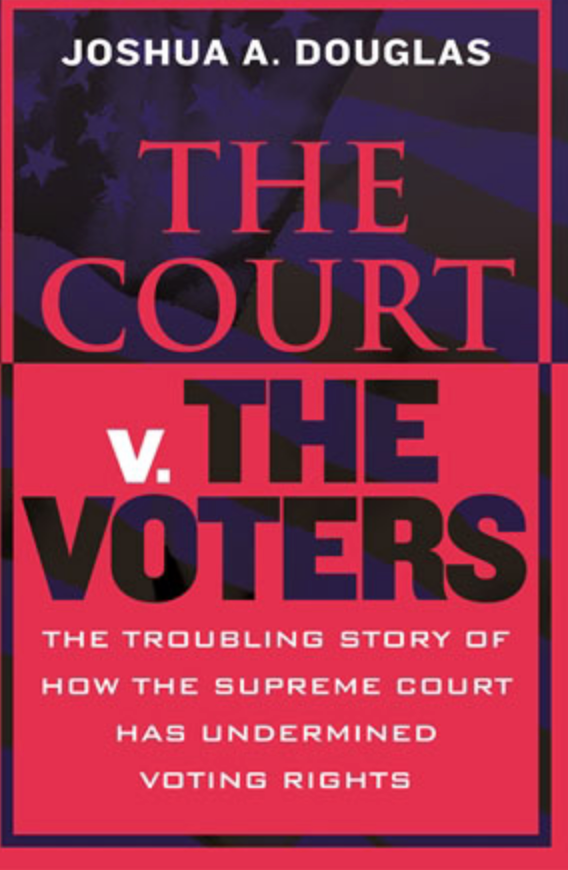A must-read from Guha Krishnamurthi (University of Maryland, Carey School of Law). Download it while it is hot, as Larry Solum might say.
In April 2023, Manhattan District Attorney Alvin L. Bragg, Jr. announced that his office was bringing a 34-count indictment against former President Donald J. Trump “for falsifying New York business records in order to conceal damaging information and unlawful activity from American voters before and after the 2016 election.” Those charges were brought under New York State Penal Law § 175.10, which requires the prosecution to show that an individual falsified business records with the intent to commit another “predicate” crime.
The prosecution has thus far stated that Trump falsified business records with the intent to commit election and tax crimes, referencing the Federal Election Campaign Act; N.Y. Election Law § 17-152; and Tax Law §§ 1801(a)(3), 1802. Some commentators have expressed doubt that there is any predicate crime to ground Trump’s guilt under Section 175.10.In this short piece, I attempt to identify crimes in the Federal Election Campaign Act that can serve as predicate crimes for the prosecution of Trump under Section 175.10. I then chart the elements of Section 175.10, with those predicate crimes under the Federal Election Campaign Act.
